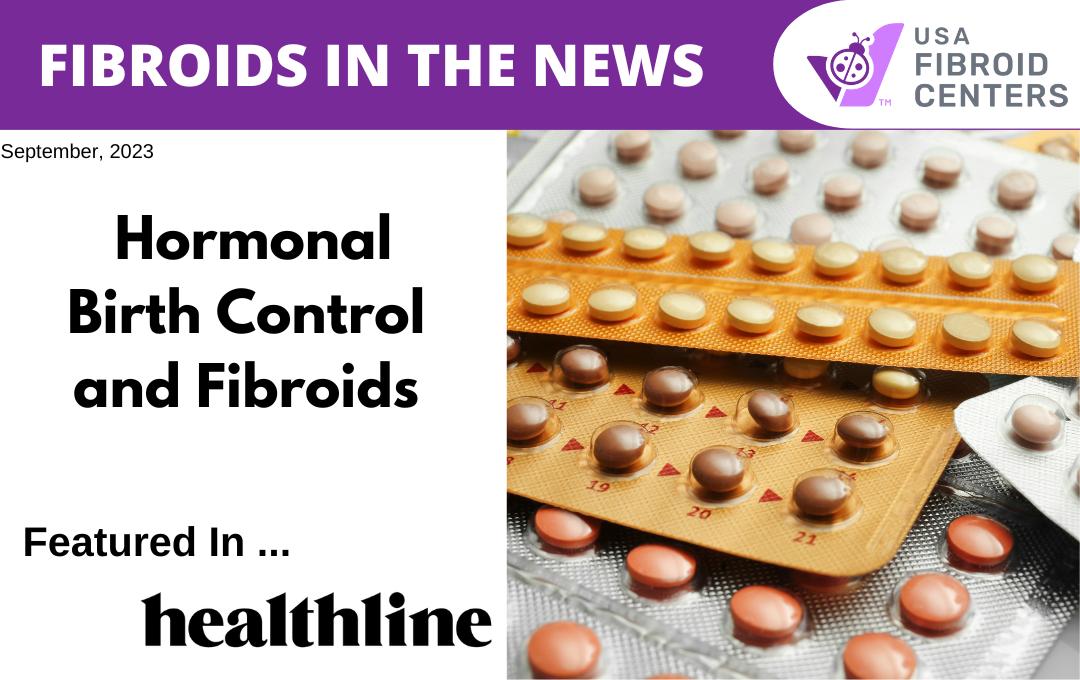
Founder and CEO of USA Fibroid Centers, Dr. Yan Katsnelson was featured in Healthline about the possible correlation between fibroids and birth control pills. Here are some of the Q&A:
What are uterine fibroids?
Uterine fibroids are benign (non-cancerous) tumors that grow in the uterus. They affect up to 80 percent of women by the age of 50.
“The exact cause of fibroids isn’t currently known. But researchers believe they link to higher levels of certain hormones, such as estrogen and progesterone,” says Dr. Katsnelson
What is the relationship between hormonal birth control and uterine fibroids?
The relationship between hormonal birth control and uterine fibroids is not clear. Some studies suggest hormonal contraception can worsen fibroid symptoms and development, while others suggest that it can promote symptom relief and slow growth rates.
How does hormonal birth control affect uterine fibroids?
Birth control pills work by suppressing the production of estrogen and progesterone. This can help to reduce the size of fibroids and relieve symptoms such as heavy menstrual bleeding and pain. However, it is important to note that hormone treatment does not cure uterine fibroids.
What are the risks of taking hormonal birth control for uterine fibroids?
The risks of taking hormonal contraceptives for uterine fibroids are not fully known. Some potential risks include:
- Increased risk of blood clots
- Increased risk of heart disease
- Increased risk of stroke
- Decreased bone density
What else needs to be kept in mind?
The research on the relationship between the pill and uterine fibroids is limited and inconclusive. More research is needed to determine the definitive effects. The most common treatments for uterine fibroids are watchful waiting, birth control, and surgery.
An underutilized treatment is uterine fibroid embolization (UFE). If you’ve received a fibroids diagnosis or might be at risk of developing fibroids, consult one of our specialists for a treatment plan. Our experienced interventional radiologists will discuss all of your treatment options so that you can make the best decision for your individual situation. Schedule online or call us at 855.615.2555.
Read the full article on Healthline.com
